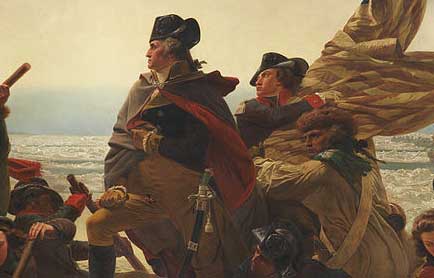Economic Consequences of the Revolutionary War

By Marc Schulman
The patriot victory in the Revolutionary War brought about a number of changes in the American economy. Restrictions on trade and industry ended. As a result, an American merchant marine and manufacturing industry developed, especially in munitions and consumer products. The removal of restrictions on Western expansion caused European-American migration across the Appalachians. Although this made life difficult for the unfortunate Native Americans whose lands were further invaded, it provided economic opportunities for the European-Americans and immigrants who entered the country after the war.
Many traces of Britain, her loyalists, and her economic system were eradicated. Large estates belonging to loyalist families were broken up into smaller plots. Primogeniture, the ancient British practice of passing on a family's entire estate to the eldest son, was ended. Both these policies provided increased opportunities for small, independent farmers. In addition, British mercantilism was critically examined in light of the new economic system of capitalism, championed by Scotsman Adam Smith.
Not all the results of the war made a positive impact on the economy of the new nation. American merchants were excluded from the British West Indies, and lost their favored position with Britain as a trade partner. In addition, as wartime demand declined, agricultural prices fell and cities faced high unemployment rates. The greatest adverse economic legacy of the war, however, was the enormous inflation rate and the huge debt the emerging country faced. Reducing the inflation rate and raising the value of the currency, as well as repaying and financing Continental loans, were the primary concerns of post-war economic planners.
 >
>